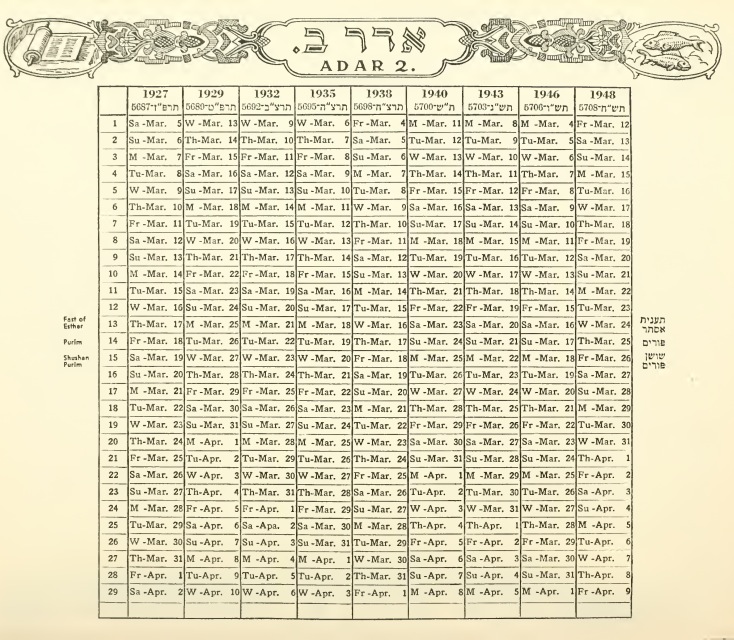The proposed list at http://news.bbc.co.uk/2/hi/uk_news/e...on/8091753.stm is:
Steam engine
V2 rocket engine
Electric telegraph
Stephenson's Rocket
X-ray machine
Model T Ford
Penicillin
Pilot ACE Computer
DNA double helix
Apollo 10 capsule
Would you agree? I suggest that the electric generator/motor should be in the list because many of the others would not have been possible without them.
Steam engine
V2 rocket engine
Electric telegraph
Stephenson's Rocket
X-ray machine
Model T Ford
Penicillin
Pilot ACE Computer
DNA double helix
Apollo 10 capsule
Would you agree? I suggest that the electric generator/motor should be in the list because many of the others would not have been possible without them.


Comment